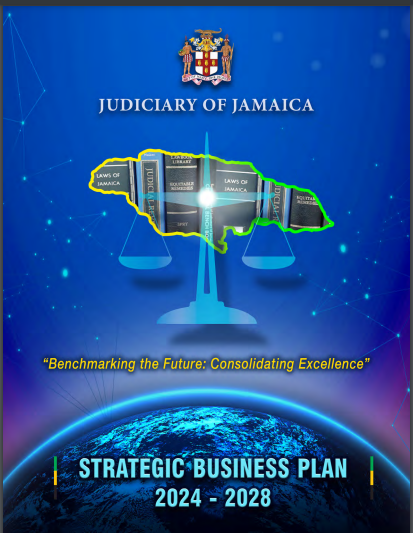You are here
Fees and Costs
Rules of Court prescribe that certain fees are payable upon the commencement of the majority of matters filed at the Civil Registry of the Supreme Court. The fee is not paid to the Court directly but the document which commences or originates the process has to be stamped at the Stamp Office for the amount of the fee. Once that fee is paid there are, usually, no other court fees paid by that party filing that document for the duration of the case, however long it takes to be completed. If however a defendant wishes to counterclaim against the person filing the originating document, that defendant must stamp the counterclaim as if it were originating document.
The term “costs” usually refer to the expenses which a party incurs during the course of conducting a claim. These expenses mainly include, but are not limited to, the court fees and attorney’s fees. Attorney’s fees usually cover the charges for interviewing clients and witnesses, conducting correspondence, preparing documents and appearing in court. There may also be charges incurred for having documents served.
Attorney’s fees have been made the subject of special rules in the Civil Procedure Rules (CPR) which apply in the Supreme Court. Those rules give guidance as to the payment of costs by one party to another and the payment of costs by a client to his or her attorney-at-law. The basic rules are that:
- The unsuccessful party should pay the costs of the successful party;
- The costs payable are those which are reasonably incurred and reasonable in amount;
- An attorney-at-law who causes the time of the parties and the court to be wasted, may be ordered to pay the costs incurred in that particular aspect of the case;
- Where the parties are unable to agree what costs are reasonable or reasonably incurred, the Registrar of the Supreme Court may be asked to assess or tax the appropriate amount to be paid by the unsuccessful party;
- A client may request his or her attorney-at-law to have his bill of costs taxed by the Registrar of the Supreme Court.
Taxing a bill of costs requires the party claiming payment to prepare a list or bill of the expenses, showing a breakdown of how the charges are calculated. The person who is required to pay the costs then sets out which of the items in the list he or she finds objectionable, and presents that list to the Registrar. The Registrar then examines the charges which have had objections and determines which charges are acceptable and should be retained and which should be reduced or omitted altogether.
The CPR also has a list of basic costs which are standard costs which the Rules Committee has decided are reasonable for the type of service involved. These basic costs may be used by a judge hearing any particular case to decide how much the unsuccessful party ought to pay. Basic costs may also be used by a successful party to have a swift resolution of the issue of costs. This is because the basic costs are non-controversial in nature; an unsuccessful party may dispute whether a particular charge should have been made, but if the basic costs table is used to calculate those charges, it is unlikely that any challenge to the reasonableness of the quantum of the fee, would be successful.










